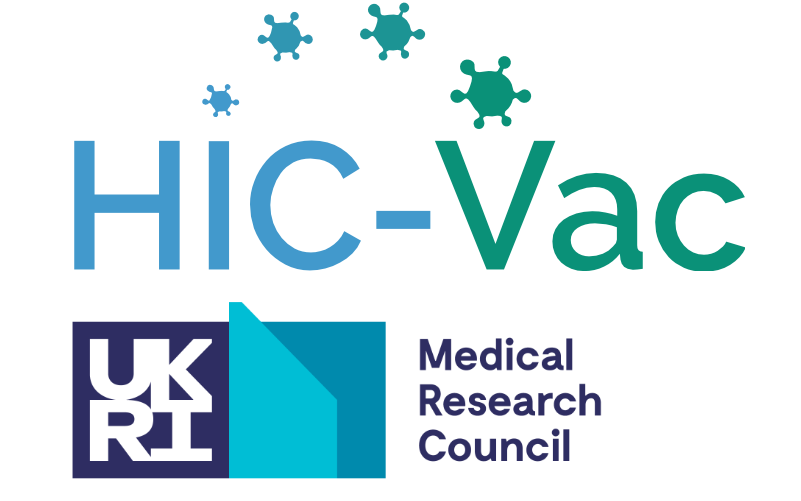Institute: Imperial College London
Human challenge with H3N2 influenza: an optimisation pilot study promoting collaboration
Despite the availability of vaccines and antiviral drugs, influenza is still a major cause of death and disease worldwide. Every year up to 5 million people suffer severe infections and it causes around 500,000 deaths, many of which are in the developing world. This is partly because vaccines against influenza are often ineffective and yearly re-vaccination is unacceptable. We need better vaccines, and this will be supported by a more thorough understanding of the best ways to stimulate the immune system to protect against influenza. Researchers have been using controlled human infection studies for a long time to study immunity against influenza, but there is no standardisation in their implementation, including how specimens are collected or analysed. This makes comparison of data difficult, greatly limiting their value for understanding infection in patients.

Image: CDC Influenza Laboratory
Today, only a few organisations carry out experimental human influenza infection studies. We aim to align the methods between two of these groups (Imperial College London and SGS Life Sciences) to establish standardised ways of performing these studies and increase sharing of samples and data. SGS recently developed a new H3N2 influenza virus that is highly representative of one of the major currently circulating strains. We will challenge 10 individuals with this virus at Imperial College London. We’ll analyse blood, nasal fluids and cells taken before, during and after infection and, along with samples from previously challenged participants, determine the infection rate, amount of virus shed and immune responses. The results will then be compared with those from a previous SGS study and patients in Vietnam to establish a standard for influenza challenge and subsequent laboratory tests that most closely reflects natural infection. In this way, we will develop a method for conducting influenza challenge studies that can become an industry standard to accelerate vaccine development.
More about Professor Chiu here.
